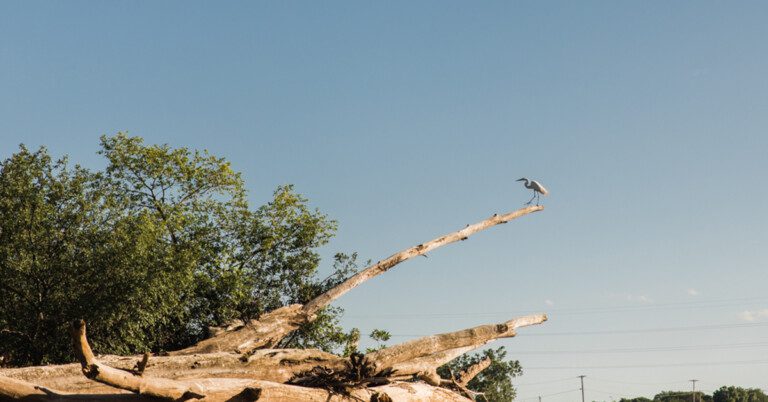At Seiche, we’re committed to bringing curiosity and creativity to our work. It’s especially important because the type of work we do – partnering with groups to take on complex systems change – can be difficult.
Sometimes the best way to recharge and get inspiration is to step outside of our world and look in unlikely places. We’re constantly sharing podcasts, books, articles, and shows that spark something for us on our internal team Slack channels. Here’s a selection of things that are inspiring our team right now.
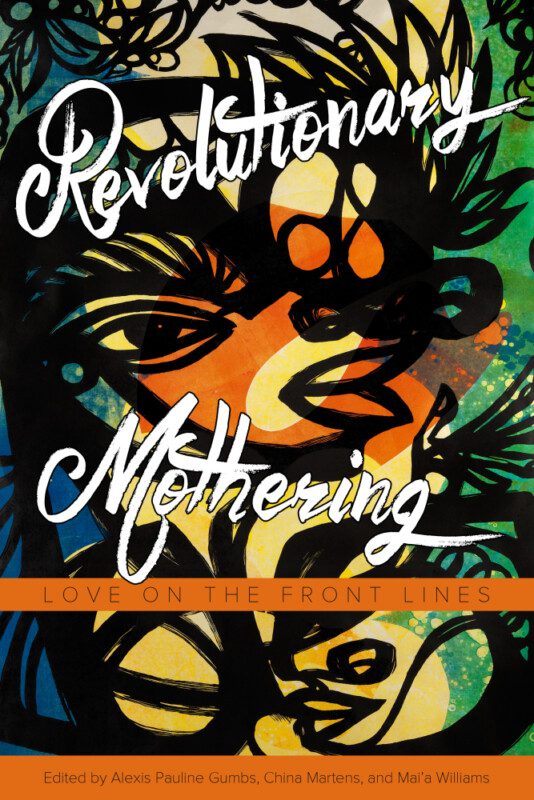
Revolutionary Mothering: Love on the Front Lines
Anthology edited by Alexis Pauline Gumbs, China Martens, and Mai’a Williams
Amber Collett Terway, Director: “Revolutionary Mothering is an anthology on mothering informed by This Bridge Called My Back and inspired by the radical and queer black feminists of the 1970’s and 1980’s. I’ve found the book inspiring in part because of the way the editors and contributors redefine “mothering” to be less of a gendered identity and more a possible action – to be a transformative, liberating practice regardless of historical determinist rigidities.
“I love the idea of ‘mothering’ as a practice of creating, nurturing, affirming, and supporting life. In short, investing in another’s existence.

RUNWAY’s Funder Manifesto
Katie Eukel, Co-Founder/Principal: “I’m a fellow with the Just Economy Institute this year, and I had the privilege of listening to Laurika Harris-Kaye talk about the work of RUNWAY, a financial innovation firm that is 100% Black and Brown-women led.
RUNWAY provides ‘Friends & Family’ style capital for Black entrepreneurs and advances equity-centered practices within financial and philanthropic institutions looking to serve Black entrepreneurs and Black led-organizations. I was impressed with RUNWAY’s work to develop a funder manifesto, which outlines how investors and/or funders could initiate or sustain their interactions with RUNWAY ‘in a spirit of likemindedness.’
“As RUNWAY notes in its manifesto, ‘Whether conscious or unconscious, the widely accepted practices and protocols of mainstream philanthropy and impact investing often drive an insatiable, unsustainable need for growth, scale and competition. This in turn, produces a divisive culture–internally and externally–and creates harmful practices that usurp the integrity of organization’s objectives, goals and programs. … We don’t expect funders to understand this entirely, which is why we have taken it upon ourselves to spread and share this point of view in a desire to heighten awareness and bring about change.’
“It’s very thoughtful, very cool work aimed at disrupting unequal power dynamics, in service of cultivating ‘transformational relationships over transactional ones.’”

Ramon Tejada on Pedagogy
Talk at Deem Symposium
Ebony Welch, Content Specialist: “Ramon refers to his practice as puncturing. Puncturing creates gaps, spaces, and holes for the local, the ethnic, the non-Anglo/Western/European to take space. It creates possibilities and fosters pluralistic imagination.
“I’ve also been leaning into radical imagination and wanting to incorporate that into everything that I create, think, and design. Puncturing and radical imagination have helped me divest from colonization, work in service of liberation, and practice/create through Afrocentric and Indigenous philosophies.”
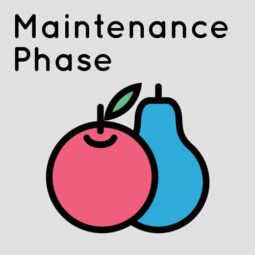
Maintenance Phase
Podcast hosted by Michael Hobbes and Aubrey Gordon
Emmy Masselink, Editorial Director: “The hosts of Maintenance Phase do in depth reporting on both past and present “fads” in health, wellness, and nutrition. This is a fantastic example of how to make deep dives accessible and engaging.”
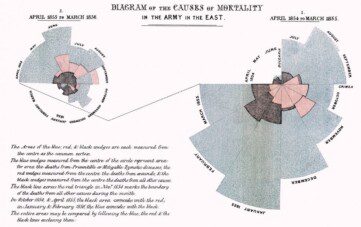
How to change the world with data visualisation
Article by Tim Harford
Tom Elko, Co-Founder/Principal: “I generally find most things that come from Tim Harford inspiring or thought-provoking, but I keep coming back to his use of Florence Nightingale’s Rose Diagrams as a starting point for examining our current relationship with data visualization.
“When we visualize data, we are communicating and potentially even telling a story. However, I believe that people throughout philanthropy should start by asking themselves if they should be producing data visualizations or consuming them. Are you making an argument or trying to persuade or educate? You should be visualizing your data. Are you looking for solutions, learning, and evaluating? You should be consuming data visualizations.”
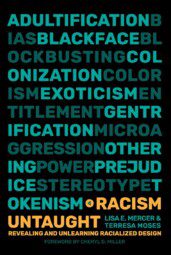
Racism Untaught: Revealing and Unlearning Racialized Design
Book by Lisa E. Mercer and Terresa Moses
Hillary Watkins, Creative Director: “This book examines how pervasive racialized choices are in design, and offers practical approaches for how to approach work in a more inclusive way. I’m excited to dig in and learn more about how to make more equitable design decisions that advance our clients’ goals.”
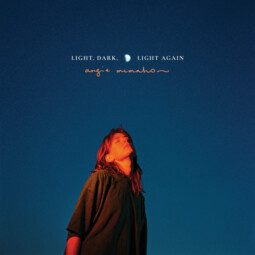
Light, Dark, Light Again
Studio album by Angie McMahon
Bethanie Mann, Director of Finance and Operations: “This album is on repeat this winter. Musically, it’s exactly my jam: a mix of indie alt-rock, powerful femme vocals, big build-ups, and dance breaks. Lyrically, it is really fitting this moment for me. It’s all about letting go of what isn’t serving you, moments of darkness that lead to light, the choice you have to make to just try.
“Personal change, like systems change, is complex and nuanced, and this album really captures the ups and downs. I’m not really an affirmations kinda gal, but if those affirmations can be sandwiched between relatable hard truths, played at a very loud volume with a driving beat…apparently, I’m in!”
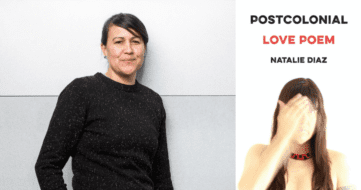
The First Water is the Body
Poem by Natalie Diaz
Lee Vue, Creative Senior Associate: “I often tell people that water and rivers are my part of my identity. I spent my youth exploring natural landscapes and my early adulthood paddling rivers. The natural world inspires me everyday and I often turn to it for inspiration and joy.”
